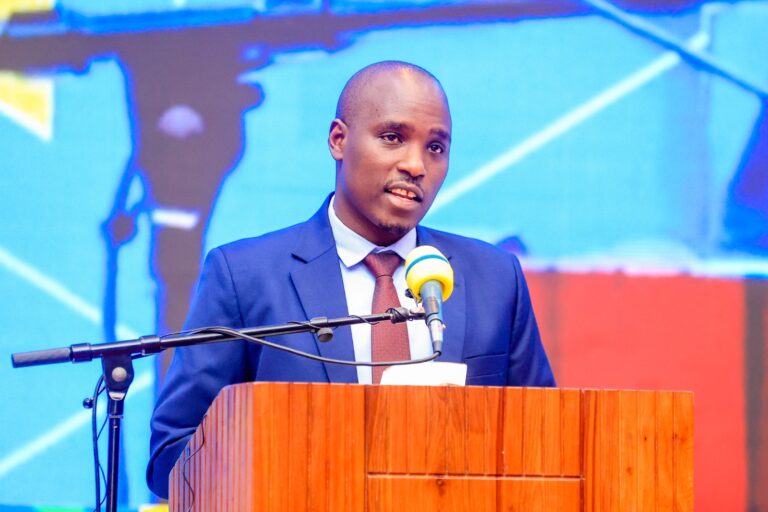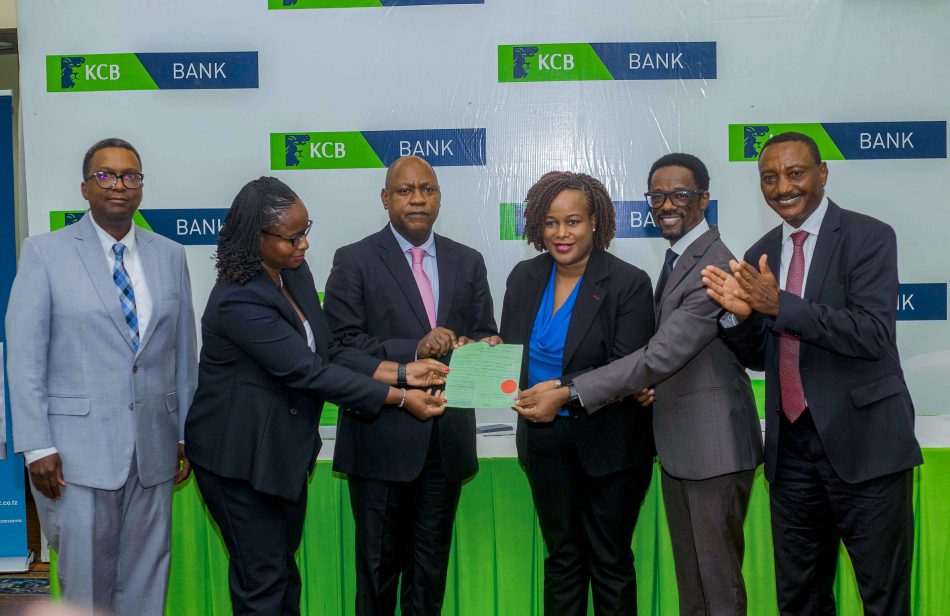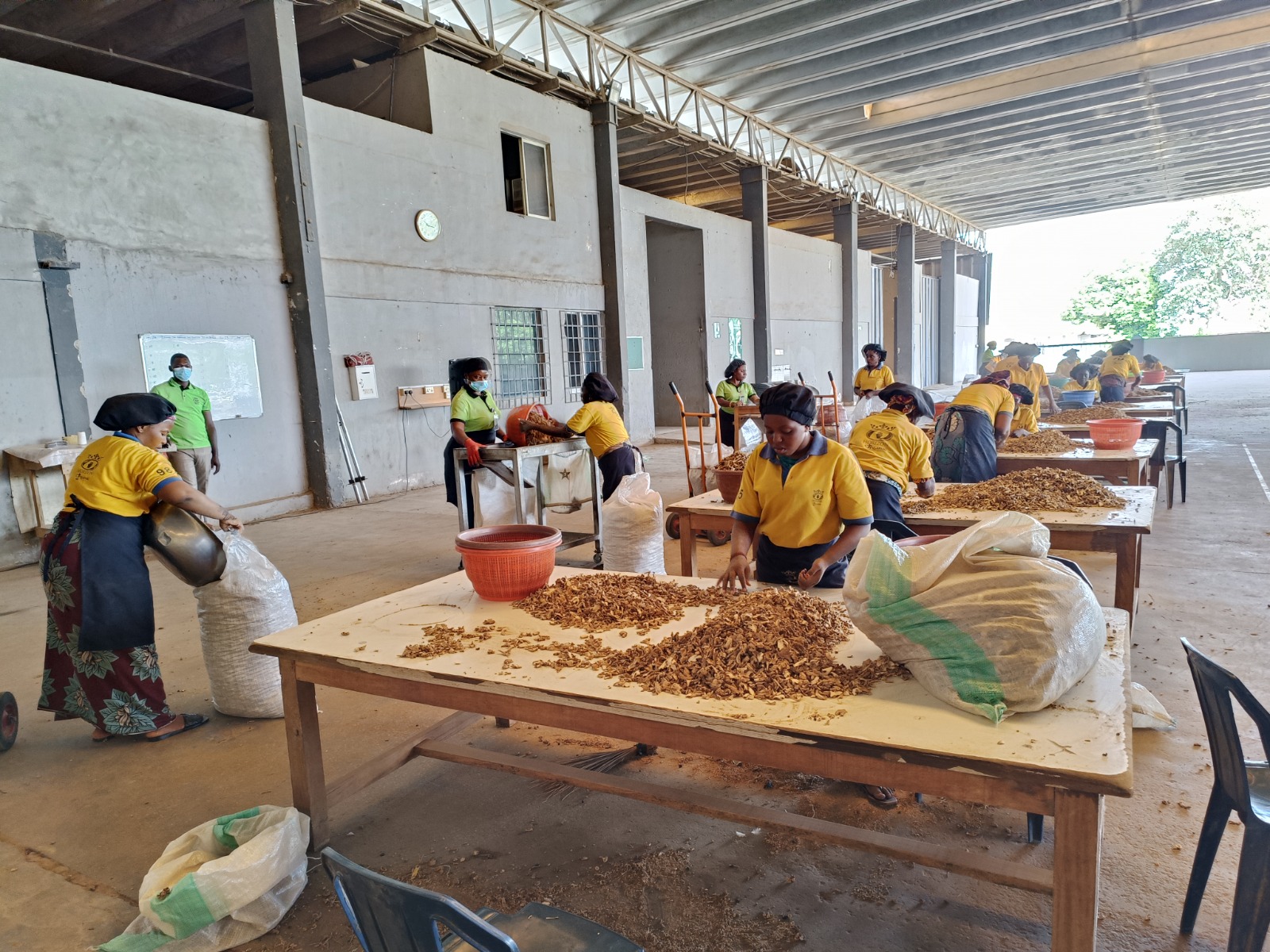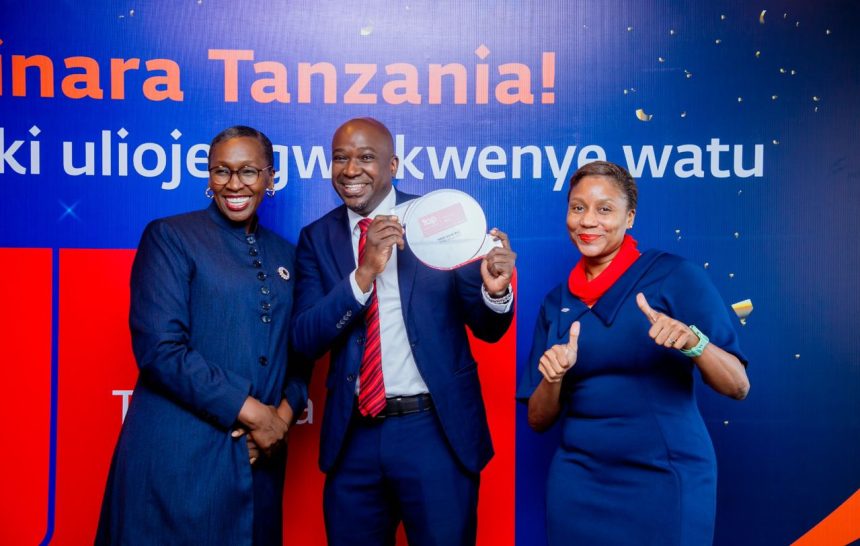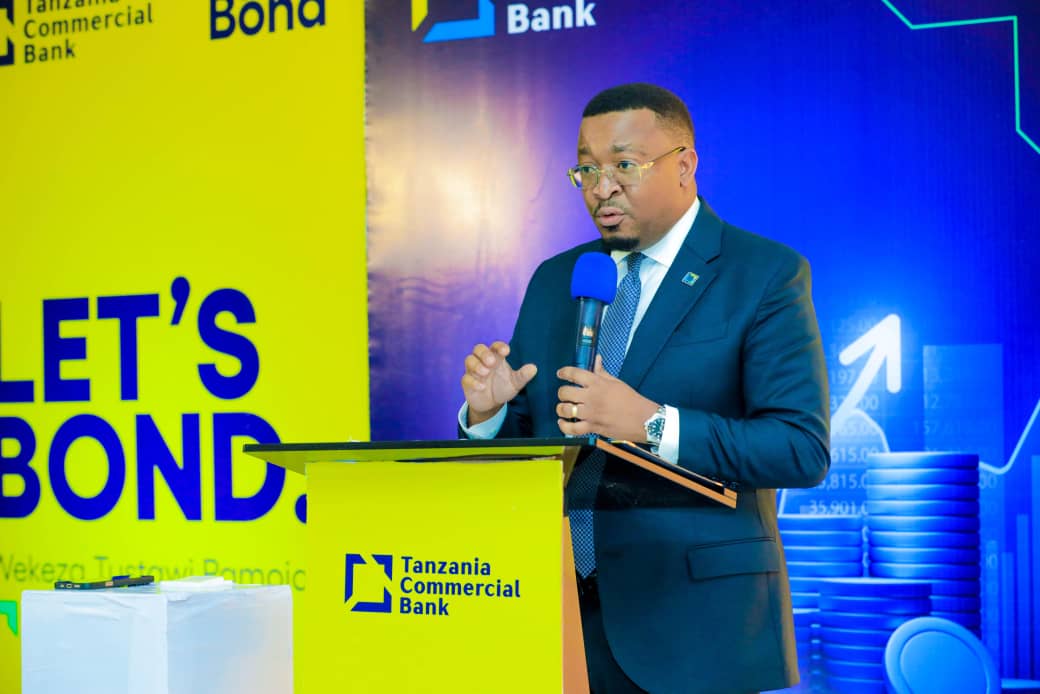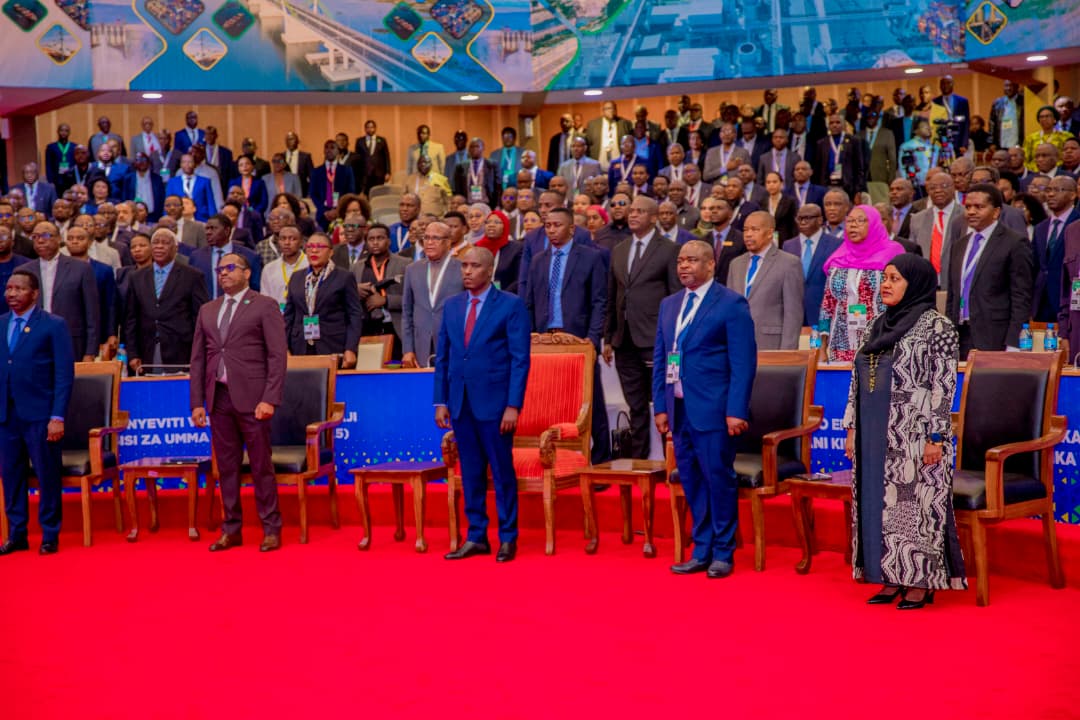Arusha. Tanzania’s Deputy Prime Minister and Minister for Energy, Dr Doto Biteko, has urged board chairpersons and chief executives of public institutions to fast-track the implementation of resolutions agreed during their strategic meetings, stressing that they carry the responsibility of transforming the lives of Tanzanians through the Sh86 trillion capital injected by the government into state-owned enterprises (SOEs).
Dr Biteko made the remarks on August 26, 2025, in Arusha when closing the Third CEOs Forum, which brought together chairpersons of boards and heads of public institutions from across the country.
“Tanzanians depend on you to help transform their lives. If we are speaking about poverty, then the government must lead in addressing it. You have a duty to improve the wellbeing of our people,” he said.
The Deputy Prime Minister noted that the government acknowledges the significant contribution of public institutions to national economic growth and values the outcomes of such forums, which have already led to improved performance and higher contributions to the national Treasury.
Citing progress, Dr Biteko said the Tanzania Petroleum Development Corporation (TPDC) doubled its contribution from Sh5.5 billion in 2023/24 to Sh11.1 billion in 2024/25, while the National Housing Corporation (NHC) raised its contribution by 363 percent, from Sh1.2 billion in 2023/24 to Sh5.5 billion in 2024/25.
“President Samia appreciates your efforts but expects even more from you. As we move towards implementing Vision 2050, you must strengthen your contributions to the economy, build self-sufficiency, and set an example for private institutions,” Dr Biteko said.
He further reminded executives to implement directives issued by Vice President Dr Philip Mpango on sealing revenue leakages, pointing out that unchecked inefficiencies erode the returns from public investments.
Economic significance of SOEs
Public enterprises form a critical pillar of Tanzania’s economic structure, operating across key sectors such as energy, transport, housing, agriculture, and natural resources.
With assets exceeding Sh86 trillion, SOEs represent a significant portion of national wealth, serving both developmental and commercial functions.
Over the past decade, reforms spearheaded by the Treasury Registrar’s office have sought to strengthen their governance, increase transparency, and improve profitability.
A central objective has been to ensure that SOEs are not only service providers but also contributors to national revenue, thereby reducing reliance on external borrowing and expanding fiscal space.
According to government data, SOEs currently contribute several percentage points to annual GDP growth through dividends, taxes, and reinvestments.
Their role is expected to become more prominent as Tanzania moves towards its Vision 2050 target of raising GDP to $1 trillion from the current $85 billion.
However, challenges remain. Many entities have historically struggled with inefficiency, weak financial management, and over-dependence on government subsidies.
Ongoing reforms aim to address these shortcomings through digital transformation, strengthened oversight, and capacity-building of boards and management teams.
Forum outcomes and reform drive
The CEOs Forum has emerged as a platform for aligning SOE performance with national priorities.
Last year’s meeting, for instance, resolved to improve operational efficiency and raise contributions to the consolidated fund, commitments that have yielded tangible results in 2024/25.
Treasury Registrar Nehemia Mchechu, whose office oversees more than 300 public entities, said over 650 participants attended this year’s forum, which centred on the theme: Sustainable Business Partnerships in a Globally Competitive Environment: The Role of Public Institutions.
He noted that the discussions focused on positioning SOEs to compete in regional and global markets while maintaining their developmental role domestically.
Dr Biteko commended the Treasury Registrar for convening the meeting, noting that such forums are essential in shaping strategies for enhancing the competitiveness and sustainability of state entities.
Broader development impact
Beyond financial contributions, SOEs have been instrumental in driving infrastructure development and service delivery.
In Arusha, Acting Regional Commissioner Salim Kali said state investments had extended electricity access to all six districts, improved water supply, and upgraded road networks, which have collectively enhanced livelihoods and boosted the tourism industry.
Deputy Minister for Planning and Investment, Mr Stanslaus Nyongo, added that the ministry would ensure full implementation of the forum’s resolutions and continue reforms that will enable SOEs to drive the country’s structural transformation.
“Our goal is to make state enterprises a backbone of the economy, supporting the shift from resource-dependence to a diversified, knowledge-based economy,” he said.
As Tanzania prepares for the 2025 General Election, Dr Biteko also urged SOE leaders to encourage civic participation in their institutions, emphasising that peace and stability are prerequisites for the sustained success of both public enterprises and the broader economy.

